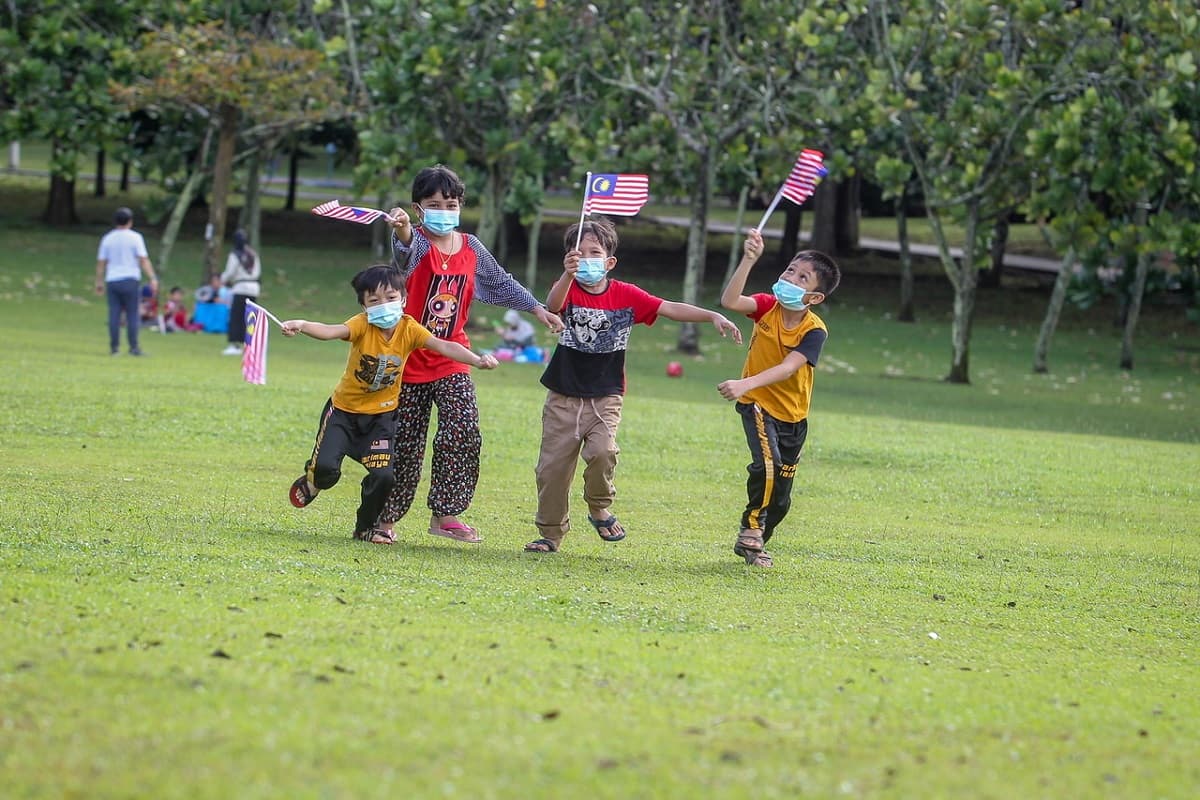
KUALA LUMPUR (Sept 23): Khazanah Research Institute (KRI) has proposed to establish a universal child benefit (UCB) scheme, in order to prevent the risk of children being left behind during their vulnerable stage of life.
In its report titled ‘Building Resilience Towards Inclusive Social Protection in Malaysia’ launched today, the research institute said such an approach is necessary, given that children across all income groups are affected by issues including education, health and nutrition.
“We strongly advocate for the protection of children and we feel that this policy is a low hanging fruit. We feel that the UCB scheme can be a solution amid the current situation with the Covid-19 pandemic,” said KRI deputy director of research Hawati Abdul Hamid during a press conference.
The institute is proposing assistance of about RM100 to RM150 per child per month, which it considers as an adequate basic income for children for those aged between zero and 12 years old, regardless of ethnicity, citizenship and income group, which is estimated to cost about RM12 billion in total.
Asked if there would be pushback to the idea, given that some recipients of the benefit may not actually require financial assistance, such as those in high-income households, KRI chairman Tan Sri Nor Mohamed Yakcop said there is always the issue of inclusive and exclusive error when it comes to giving benefits.
“One of the lessons we have learned in government management is that when you have a large number of government servants trying to find out who is eligible and who is not, there is a good possibility that those who actually deserve it don’t get it.
“To avoid that, you need to give it to everyone. At the same time, you are also better off overall, as the government does not have to waste too much time and money due to bureaucracy and logistics,” he said.
He added that there are more subjective considerations and costs involved if a targeted approach were to be taken, as the income and assets of households will need to be assessed on a regular basis to determine eligibility.
Currently, there are children-centric programmes such as the Bantuan Kanak-Kanak assistance as well as the existing tax benefits, said KRI research associate Puteri Marjan Megat Muzafar, although the current system has inefficiencies.
She said the high income earners tend to get higher tax benefits while those in the middle, who do not qualify for Bantuan Kanak-Kanak, do not have a high enough income to benefit adequately from tax reliefs.
“That is why we are proposing for everyone to be eligible, which would be a more progressive system,” she said.
Asked if other countries have implemented such a scheme, KRI research associate Jarud Romadan Khalidi said there have been several, including high, medium and low income countries.
“Look at Mongolia, for example. They extended the scheme to all children but over time they modified the model because they have a lot more data from the unified registry and have since developed the infrastructure to implement the UCB scheme,” he said.